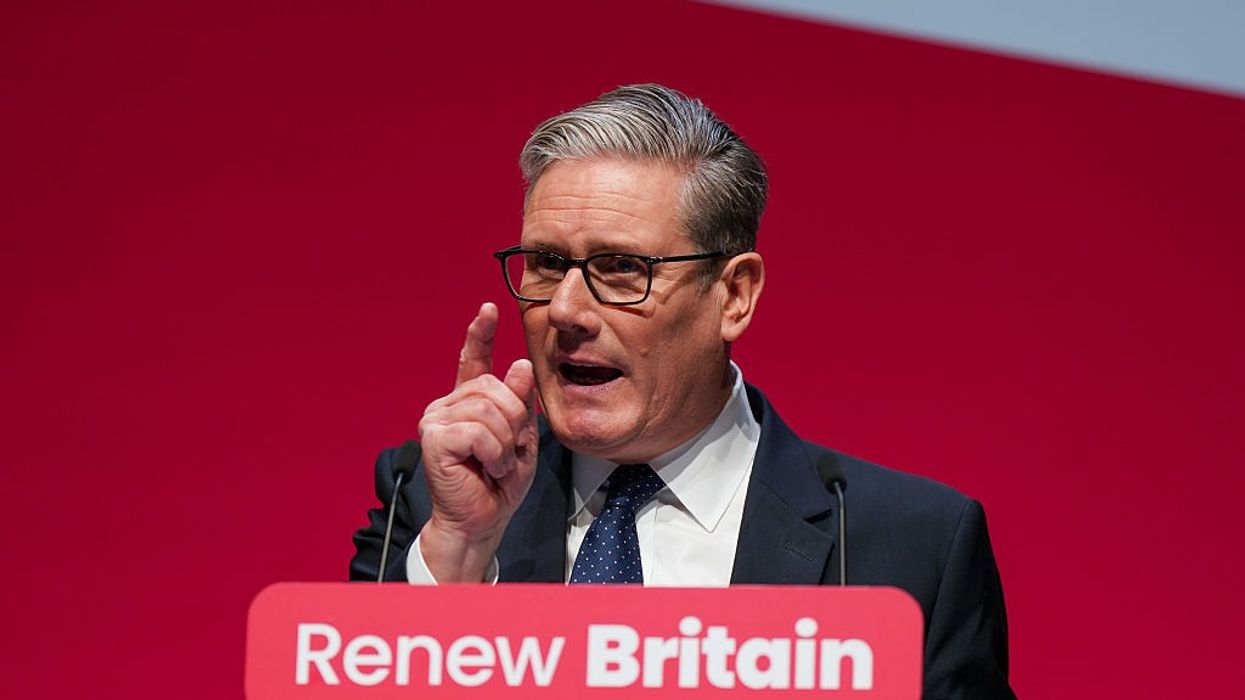PRIME MINISTER Keir Starmer urged his Labour Party on Sunday (28) to stop "navel gazing" and unite against Reform UK, accusing the rising populist party of planning a "racist policy" of mass deportation if it wins power.
Labour is well behind Reform in opinion polls, and Starmer kicked off its annual conference in the city of Liverpool by exhorting members to focus their anger on that party, led by Brexit campaigner Nigel Farage, not his own leadership.
"We have got the fight of our lives ahead of us, because we've got to take on Reform. We've got to beat them, and so now is not the time for introspection or navel gazing," he told BBC News. "We need to be in that fight united."
The next national election is not due until 2029, but with Reform surging in popularity, Starmer is seeking a positive narrative after difficult weeks when his deputy leader and his ambassador to the US were forced to quit.
The conference gives him a chance to rally Labour and redirect the frustrations of critics who want him replaced, including the mayor of Manchester, Andy Burnham.
Starmer and his chancellor, Rachel Reeves, are under pressure inside the party to increase spending, and relax self-imposed fiscal rules that aim to balance day-to-day expenditure with tax revenue by 2029. But the government is expected to raise taxes in a budget on November 26 to adhere to the rules.
"The budget is an absolutely critical point of us knowing whether direction is going to change," said Sharon Graham, head of Unite, one of Britain's biggest trade unions.
"We should stop dancing around our handbag and do that (change the fiscal rules). If that budget is essentially nothing ... I think we've got a real problem on our hands, because without the money to make the change, then nothing is going to change."
But while leftist party members criticise Starmer for failing to improve living standards as he promised at last year's election, centrists fear the markets could punish the government if it raises spending.
Reform UK's central policy is restricting immigration, one of voters' main concerns.
Starmer turned his fire on Farage's party.
"It is one thing to say we're going to remove illegal migrants, people who have no right to be here. I'm up for that," he said. "It is a completely different thing to say we are going to reach in to people who are lawfully here and start removing them ... I do think that it's a racist policy, I do think it is immoral."
According to the polling firm Ipsos, only 13 per cent of voters are satisfied with Starmer while 79 per cent are dissatisfied - the worst score of any prime minister since it started collecting the data in 1977.
Starmer said he was not simply ignoring criticism and would be judged by three things: improvement in living standards, better public services, and whether people felt safe in their homes.
(Reuters)





